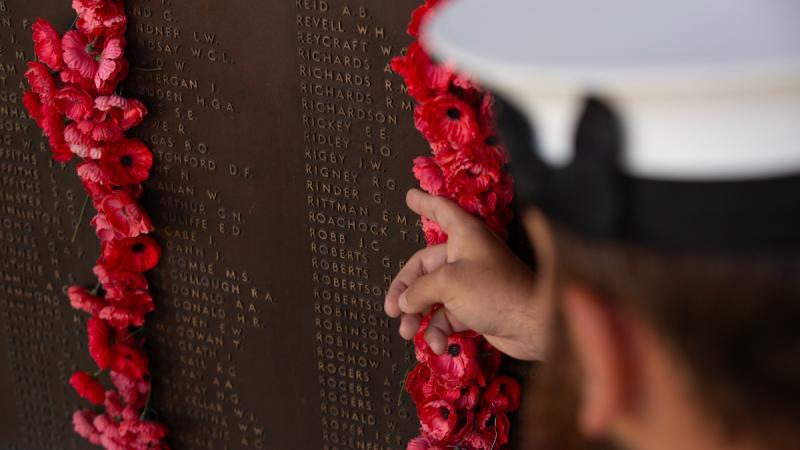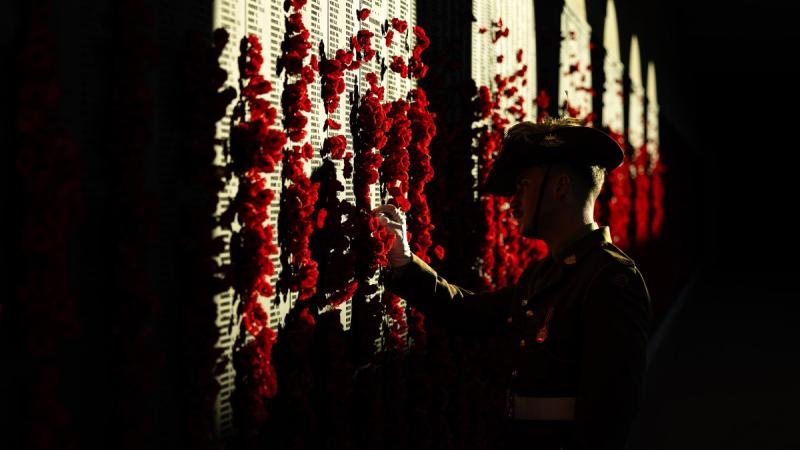Corrective Services Minister Francis Logan has instructed the Department of Justice to establish a suicide prevention taskforce to examine the management of at-risk prisoners.
The decision follows the recent apparently unnatural deaths of three prisoners at the privately run Acacia Prison, Roebourne Regional Prison and Melaleuca Women’s Prison that appear to be self-harm incidents.
The deaths are classified as apparent until a coronial inquest determines the cause of the death in custody and examines all the circumstances surrounding the passing of the prisoner.
The task force, which will report to the Corrective Services Commissioner, will include external stakeholders as well as departmental executives.
It will review current practices across all prison service streams to see whether there are improvements or changes that need to be made to existing practices within Corrective Services.
It will also examine the current suicide prevention training for staff to ensure it is up to date, relevant and targeted to respective staff roles.
As well examining internal processes, the taskforce will ensure that Corrective Services strategy and practice are aligned to the State Suicide Prevention Strategy as well as ensuring cultural responsivity and cultural appropriateness.
The department will also be examining how prisoners have been managed in Acacia Prison by the private prison operator according to the terms of its contract.
As stated by Corrective Services Minister Francis Logan:
“An unnatural death in custody by self-harm is a highly complicated and complex matter.
“They are deeply sad events that affect many people within and without a prison, most of all a person’s family and loved ones.
“As sadly many of us know from experiences in the wider community, it can be difficult to pre-empt these deaths and we always strive to learn more and see what else can be done to avoid these tragedies.
“I have been in discussion with the department for some time now following these deaths to ensure everything is being done that can be and I have now formalised that instruction.
“A death in custody is a sad occasion as it is in the community, but I would urge caution about conflating self-harm deaths with natural deaths in custody, which are often the result of serious pre-existing medical conditions or terminal illness.
“Prisoners receive a level of health care that is commensurate with the health care they would receive in the community and have direct access to medical staff.”






